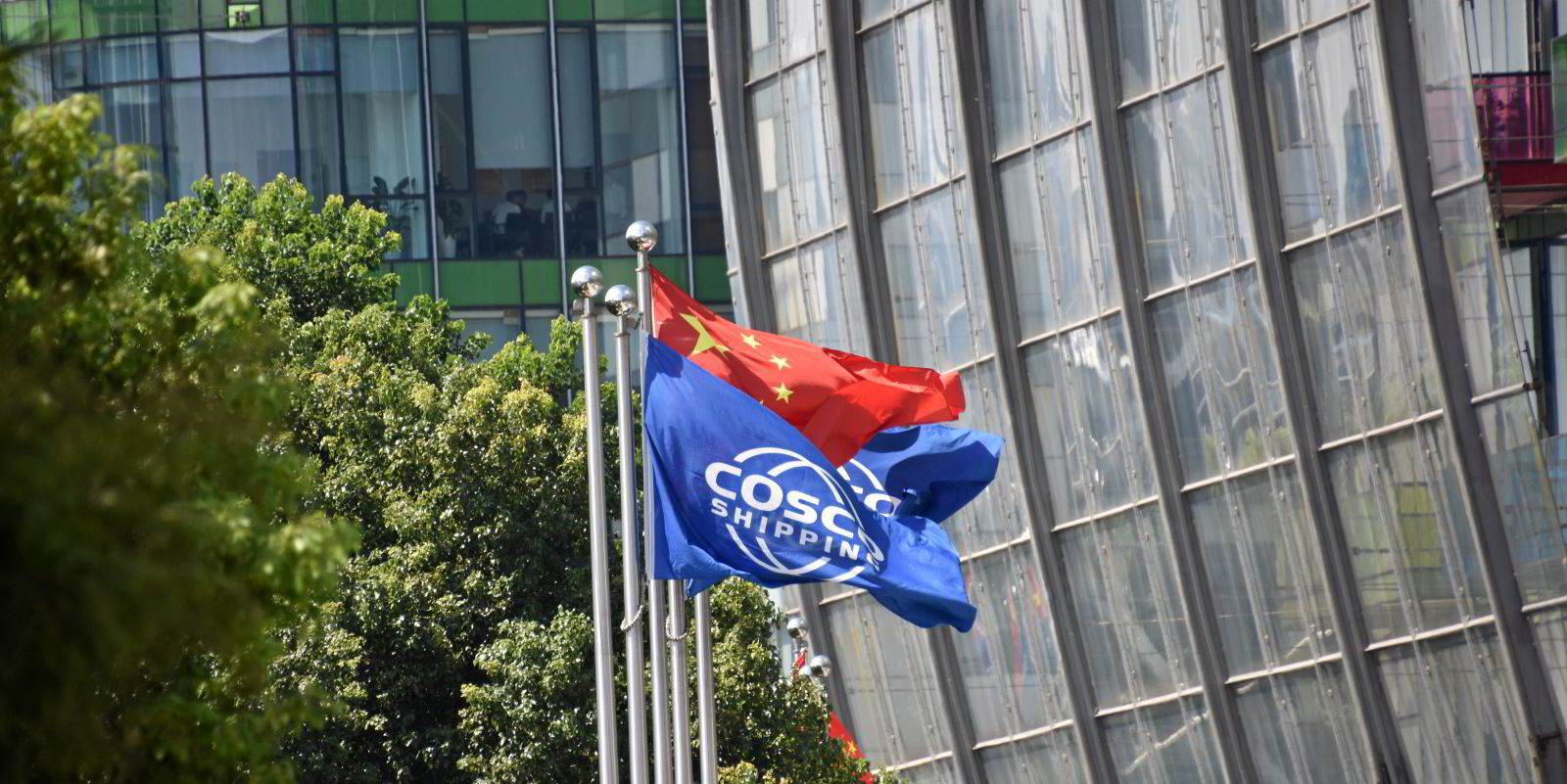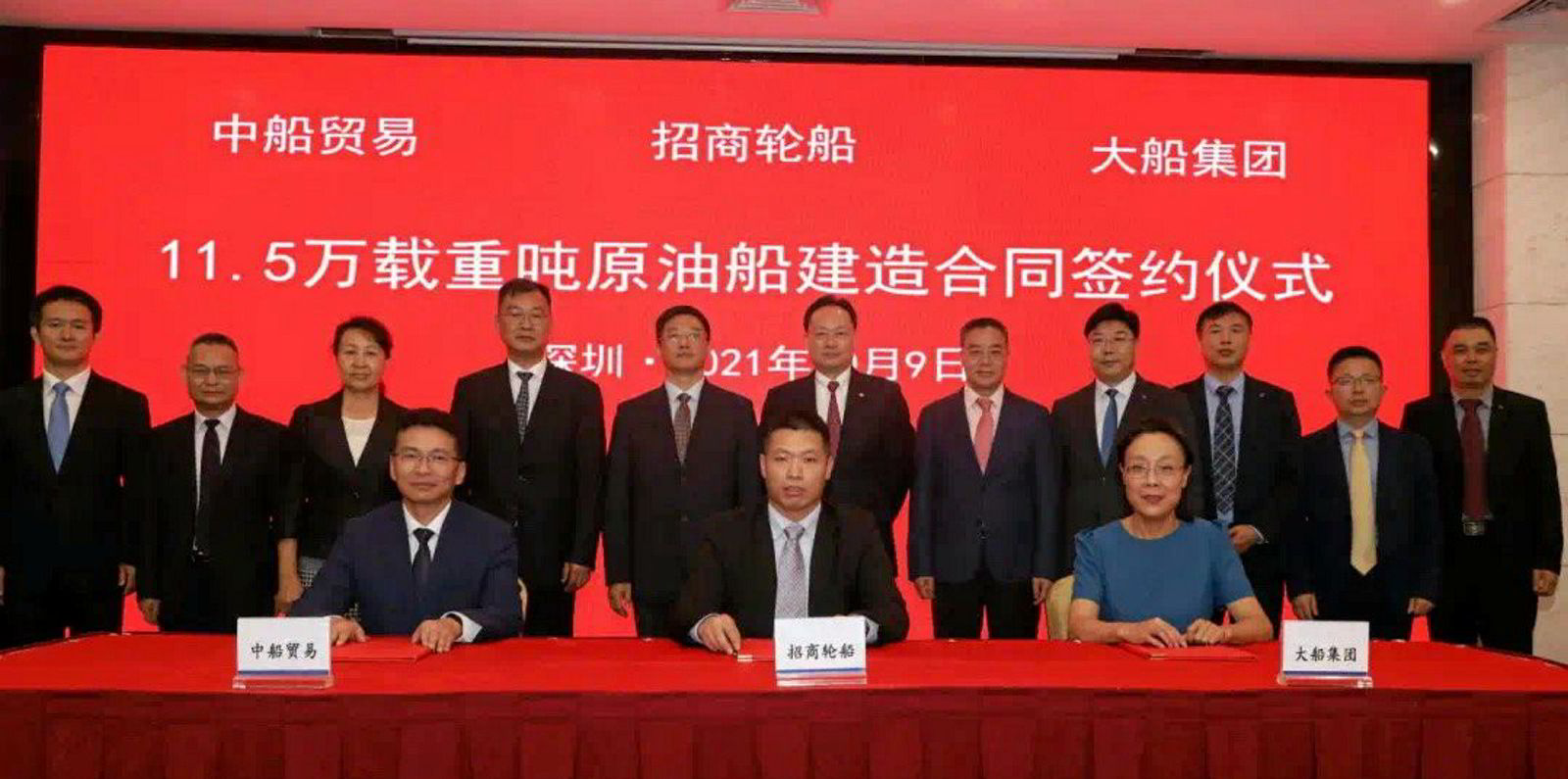China's Cosco Shipping Energy Transportation (CSET) has launched a VLCC pool with the backing of leading players including Navios Holdings, Wah Kwong and Landbridge Holdings.
Named China Pool, it has adopted the slogan: "We pool, we win."
The VLCC venture — first mooted in 2019 — will launch with a fleet of 42 tankers, totalling 12.9m dwt.
The fleet is set to grow, with Navios Holdings, Wah Kwong and Landbridge Holdings having signed letters of intent to join the pool, local news sources said.
According to VesselsValue, Hong Kong-based Landbridge has six VLCCs, while Wah Kwong has two and Navios Group has eight.
By contrast, the only other major VLCC pool, Tankers International, operates a fleet of 61 VLCCs.
China Cosco Shipping Group is the largest tanker owner worldwide with a fleet of 145 vessels, amounting to 20.72m dwt, according to broker Clarksons.
Transparent and fair
Cosco Energy said the pool would be "open, transparent and fair", according to local media reports.
The company said income would be distributed based on the performance of each VLCC and that all partners would share in the added value the pool would offer.
The venture will seek to maximise operational efficiency through the integration of its members' fleets and improve customer service.
While the fleet may operate globally, it is likely have a key advantage in trading to the world's largest oil importer, China. Crude oil imports to the country are expected to reach 9.6m barrels per day this year, according to Clarksons.
However, its formation will likely be viewed as an counter-recessionary measure, with tanker rates expected to go through an extended downturn. Oil and energy prices are also increasing following Opec production cuts.
The tanker market is not expected to recover until Opec ramps up production again in 2022.
Crude seaborne transportation levels remain below pre-pandemic levels, according to Clarksons.
Some suggest the formation of the CSET pool will add to the consolidation of tonnage in the tanker market and could potentially play a significant role in controlling the supply of tonnage during a market downturn.







